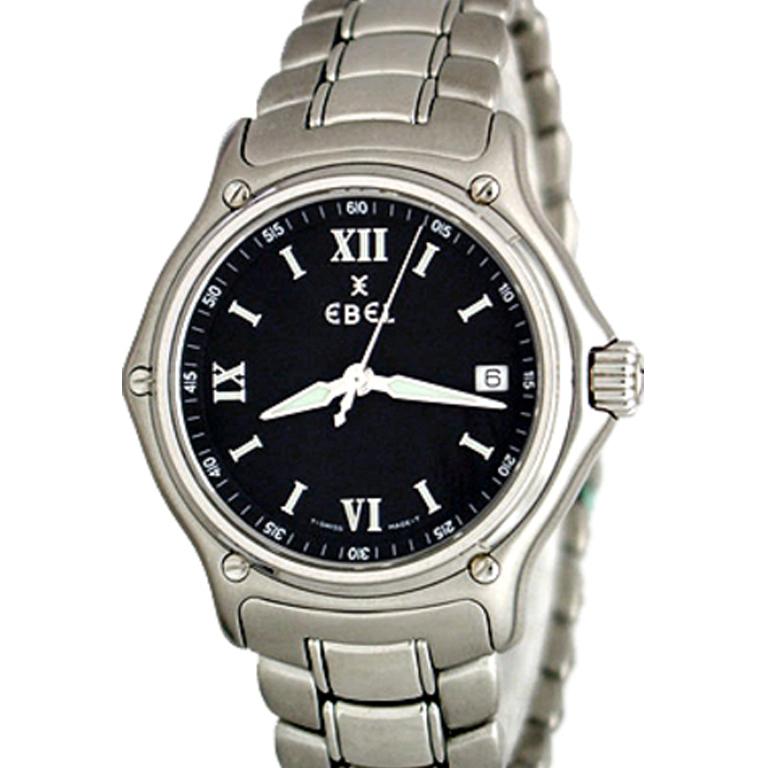
The year before, both Kazakhstan and a state in Russia decided to switch time zones permanently.īut even without this interminable flip-flopping, time zone quirks exist the world over. Take the amount of time-tweaking that went on in the past year: aside from much DST-related dissent in countries like Australia and the US, Morocco put its clocks back for one month during Ramadan 2019 (despite deciding to scrap seasonal time adjustments in 2018), São Tomé and Príncipe, the African island nation, decided to change its clocks back to GMT after switching to West Africa Time (WAT) a year earlier.
#24 HOUR UTC CLOCK HOW TO#
People in militaries are likely to be communicating across time zones, coordinating sensitive activities, and performing highly time-sensitive tasks.It’s something we don’t really think about, yet time and how to manage is a fairly contentious and historically troublesome topic. The military also uses 24 hour clocks because of the large number of problems that could be caused by confusion about time. Further, usage is common in hospitals because a mistake as to when an operation is to be performed or medicine is to be given could be lethal, so using it is a precaution. Night that lasts all day can be extremely disorienting, and the same goes for daylight, so they need this method of keeping time to really know what time it is. For example, Polar explorers and scientists usually use the 24 hour clock because the Sun’s presence in the sky is either attenuated or prolonged beyond what people are used to. Knowing how to read Military Time is critical for people in these situations. However, the advent of the equinoctial hour was critical to the advancement of astronomy elsewhere.Ĭontemporary purposes for using Military Time are generally situations where a mistake as to the time of an event can have disastrous consequences, or where there is an impediment to observation about where the sun is. For a long time after the equinoctial hour was created, laypersons continued to use temporal hours in their everyday lives.

The length of the hour, 60 minutes, was determined during the equinox, when the periods of day and night are equal. These were hours that were equal in length regardless of the season. Some time between 147 and 127 BCE, the astronomer Hipparchus, developed the idea of equinoctial hours. The system was sufficient for measuring seasonal shifts and events that took place over long periods of time, but its usefulness was limited to measuring celestial events that occur every day. To account for this, the actual length of time that the unit “hour" lasted for was altered so that day and night had equal hours.

Temporal hours reflect the differing amounts of daylight present during different seasons.


In those early days, that method of tracking time made use of what are called temporal hours. Their system evolved around the time it took certain constellations to pass through the sky, eventually giving rise to a 360 day year. However, it was the Egyptians who were the first to use the 24 hour time period. Other time keeping systems were in use prior to this period, and continued to be used in the rest of the world for a considerable amount of time after the end of the old Egyptian civilization. The beginning of the 24 hour clock is rooted in Early Egyptian Culture.


 0 kommentar(er)
0 kommentar(er)
